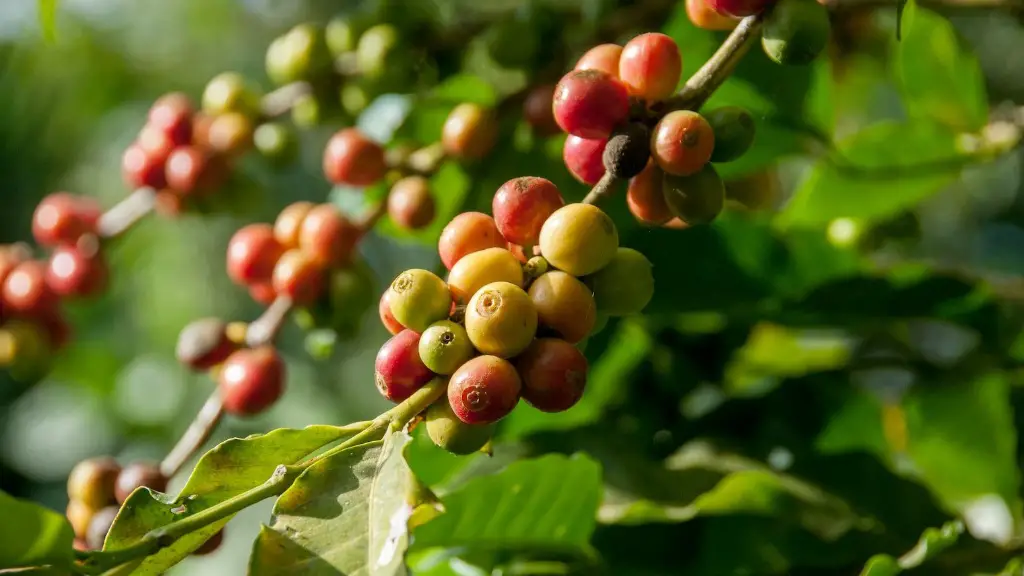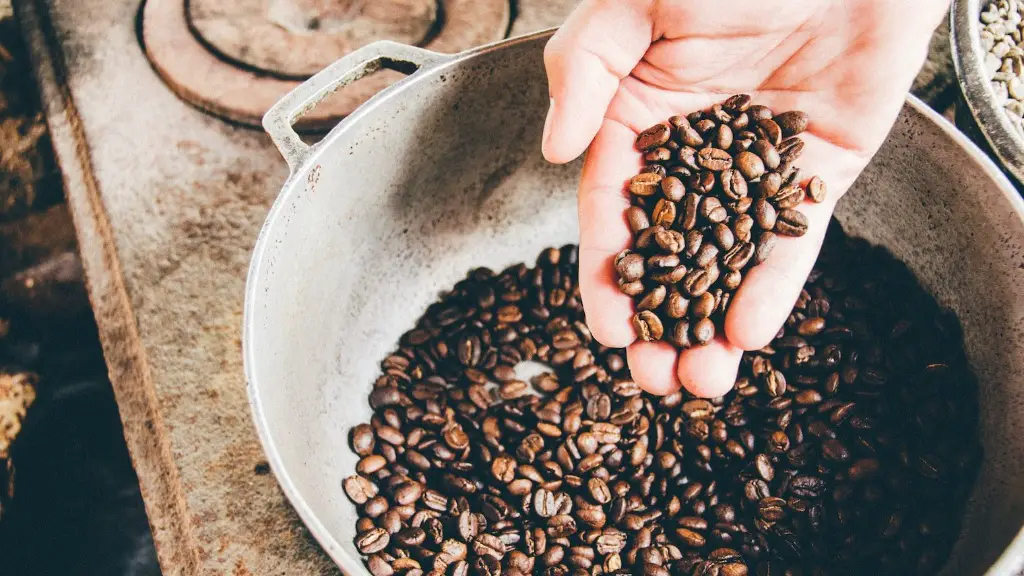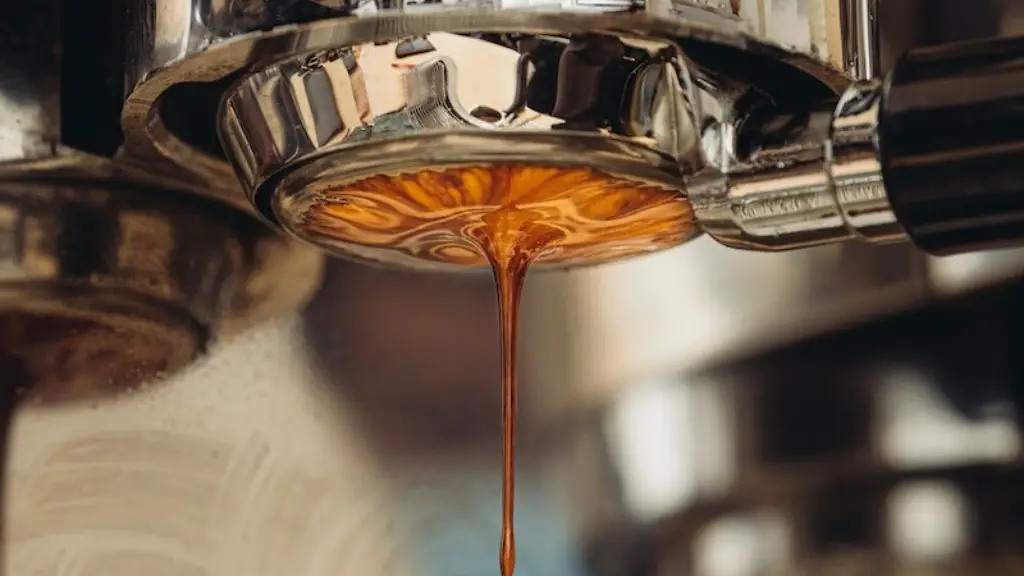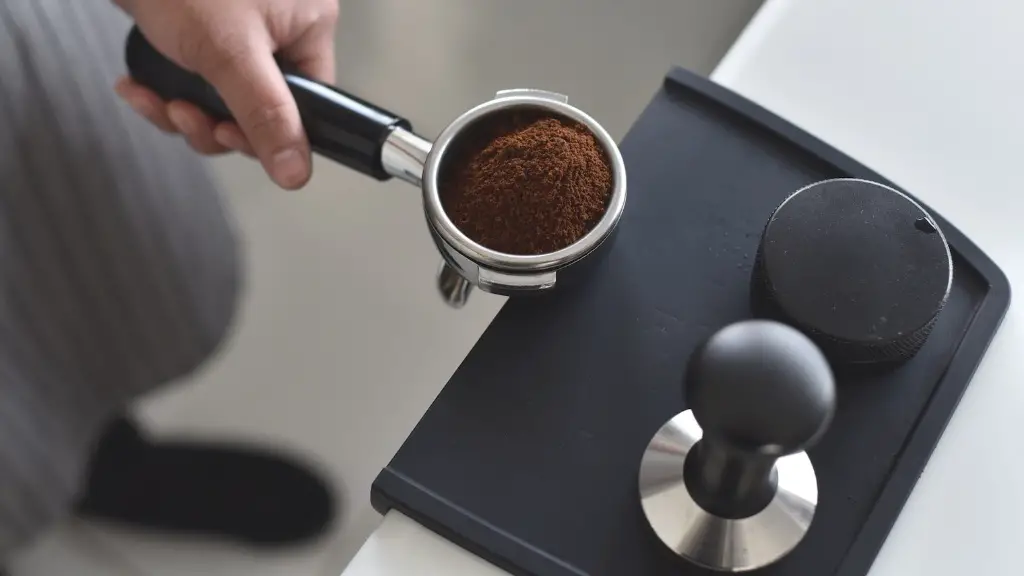Diarrhea, Dehydration and Caffeine Intake
The medical advice is clear that it’s best to avoid caffeine in any form while you have diarrheal illness, including coffee.
Diarrhea is defined as three or more loose or watery stools per day. It can be accompanied by abdominal cramps, nausea, vomiting, fever and dehydration. Dehydration results from a decreased intake of fluids and/or an increased loss of fluids.
Caffeine is a diuretic, meaning that it increases urine production and loss of fluids. It also acts as a stimulant, speeding up your body’s metabolism and reducing your ability to absorb food and fluids. Therefore drinking caffeinated beverages such as coffee can contribute to dehydration as well as decrease your ability to absorb nutrients and electrolytes from other foods when you have diarrhea.
Coffee is especially problematic as it can increase stomach acid production and bowel movements that can exacerbate diarrhea.
Dehydration is a serious complication of diarrhea and limiting caffeine intake can help you to stay hydrated and avoid further complications.
It is important to replace the fluids your body has lost due to diarrhea with electrolytes and fluids. This can be done by drinking plenty of clear fluids and eating foods that are high in electrolytes, such as bananas and applesauce.
It is important to listen to your body and rest when you have diarrhea. Diarrhea can be a symptom of a wide variety of illnesses, so if you have persistent or severe diarrhea, it is important to speak to your doctor.
The Dangers of Caffeine Management
Caffeine is a stimulant that can be found in coffee, tea, energy drinks, soft drinks and chocolate. It can also be found in some medicines. Caffeine can have a variety of effects on the body, including improving alertness, focus and concentration. It can also cause anxiety, irritability and insomnia.
Caffeine can have different effects on different people, but it is generally important to limit caffeine intake while experiencing diarrhea as it can increase dehydration as well as increase stomach acid production and bowel movements which can cause more discomfort. It is advisable to limit caffeine intake to less than 200mg per day, which is approximately two regular-sized cups of coffee.
Although limiting your caffeine intake is important for managing symptoms of diarrhea, it is not advised to cut it out altogether. When the symptoms of your diarrhea begin to subside, slowly reintroduce small amounts of caffeine into your diet. This will help you to regulate your caffeine intake and create a healthy relationship with it.
It is also important to remember that caffeine is a stimulant and it can be addictive. If you are experiencing withdrawal symptoms from caffeine, such as headaches, nausea, or irritability it is important to seek medical help.
A Balanced Diet
It is important to continue to consume a balanced and nutritious diet while experiencing diarrhea in order to help prevent further dehydration.
It is important to include foods that are high in electrolytes, such as bananas and applesauce, as these will help to replace the electrolytes and fluids lost due to diarrhea. It is also important to include foods that are high in fiber which can help to regulate bowel movements and ease the symptoms of diarrhea.
It is advised to limit your intake of fatty and fried foods, sugary drinks and foods high in sodium, as these can worsen the symptoms of diarrhea. You should also limit your intake of dairy, as dairy can increase stomach acid and worsen diarrhea symptoms.
It is important to seek medical advice if your diarrhea lasts for more than two days as this can be a sign of a more serious condition.
Rehydrating Drinks
Rehydration drinks are specially formulated drinks that contain electrolytes and help to replace the fluids lost during diarrhea.
Rehydration drinks such as Gatorade, Pedialyte, and Coconut water, can help to replace the fluids and electrolytes lost due to diarrhea, as well as provide your body with necessary nutrients.
These drinks can also provide much-needed energy, which can be helpful when you are feeling exhausted due to diarrhea. It is important to drink these drinks in moderation, as too much of these rehydration drinks can lead to further dehydration.
It is important to note that while rehydration drinks are useful for replacing fluids and electrolytes, they should not replace the fluids that are normally obtained from food and water, and it is important to continue to drink plenty of water during this time.
Prevention
There are a few ways to help reduce your chances of getting diarrhea in the first place. The most important one is to make sure you are washing your hands often and thoroughly, especially after using the bathroom, handling raw meat or seafood, or being in contact with pets and animals.
Eating foods that are well-cooked, avoiding raw foods and making sure that your food is stored properly are also important preventative measures. Drinking only bottled water or boiling your water is also important when when travelling.
It is also important to pay attention to your body and take a break if you are feeling unwell. Resting can help your body to recover and fight off any infection or virus that may be causing your diarrhea.
Natural Remedies
If you are experiencing diarrhea, there are a few natural remedies that can help to ease the symptoms.
Peppermint tea can help to soothe an upset stomach and ease cramps. Chamomile Tea can also help to soothe the stomach and reduce bloating. Ginger tea can also help to reduce nausea and vomiting.
Adding a spoonful of yogurt with active cultures or probiotic capsules to your diet can help to restore the natural balance of beneficial bacteria in the gut, which can help to ease your symptoms.
Coconut water can also be beneficial, as it is rich in electrolytes and can help to replace the fluids and electrolytes that have been lost due to diarrhea.
It is important to seek medical advice if you are still experiencing severe symptoms after trying these natural remedies.





